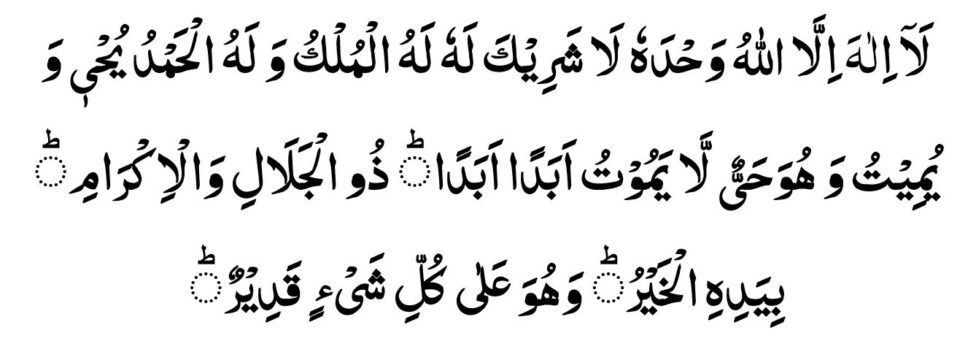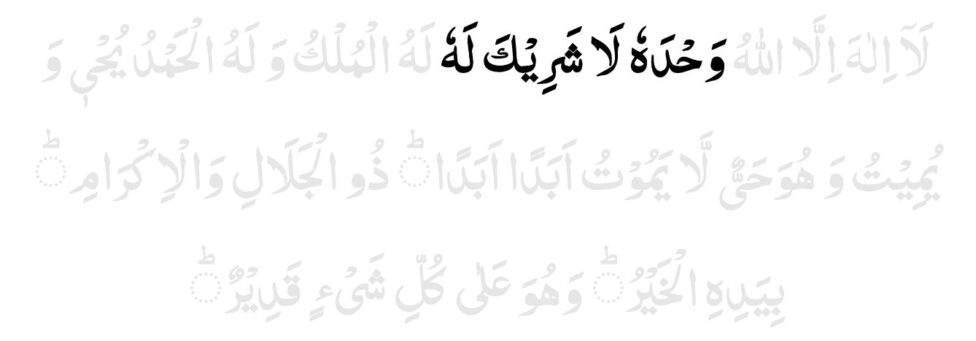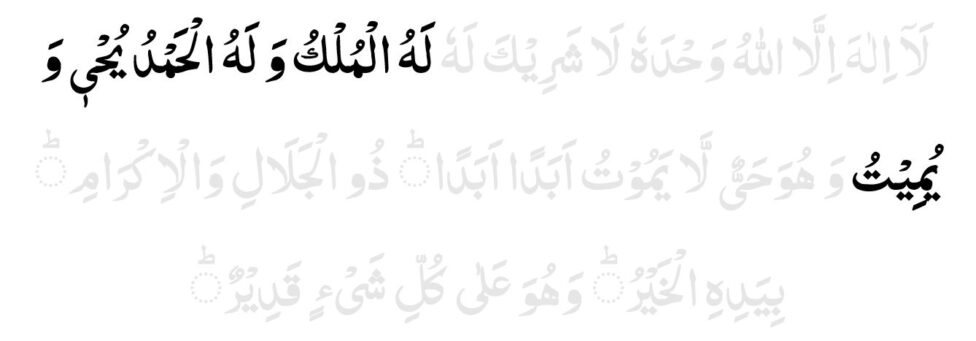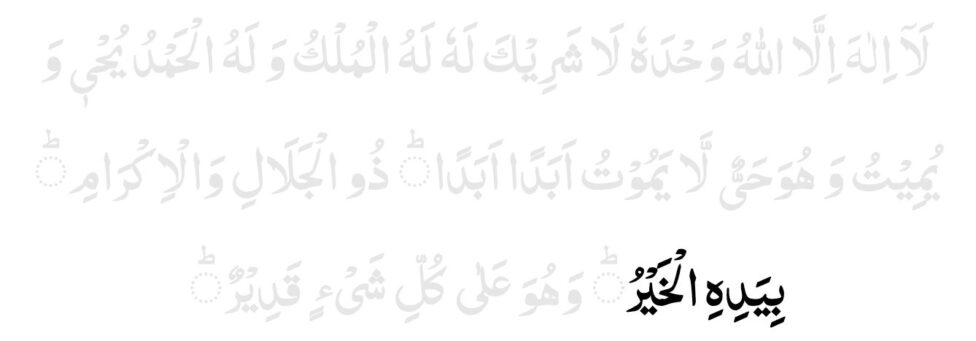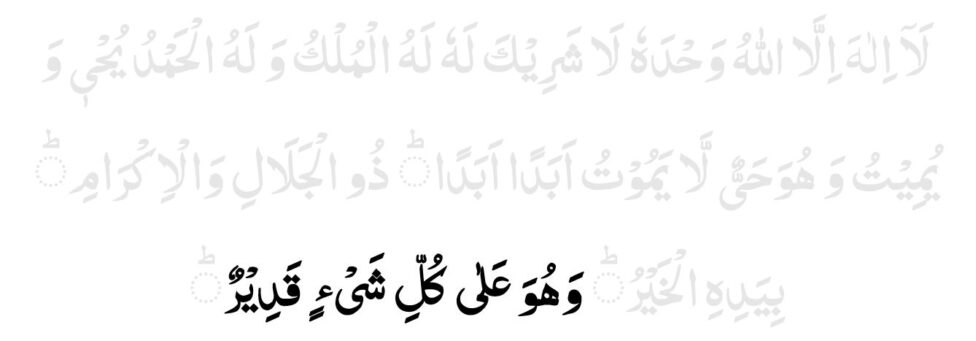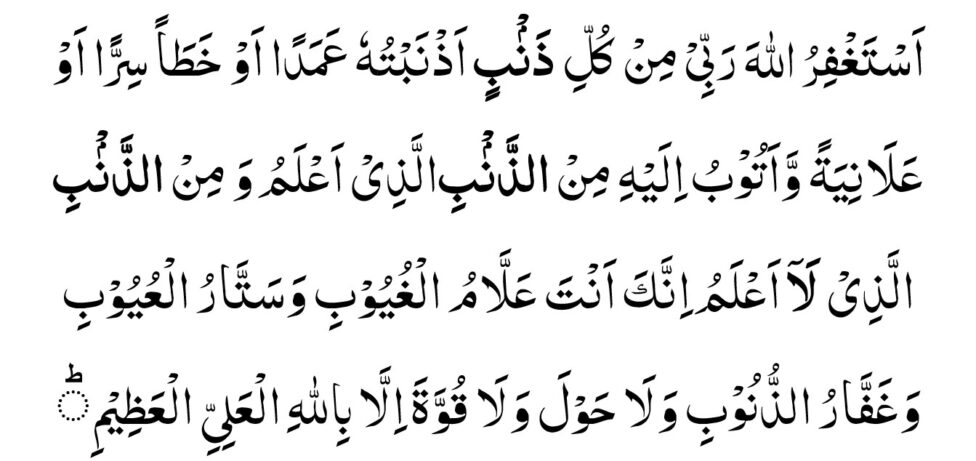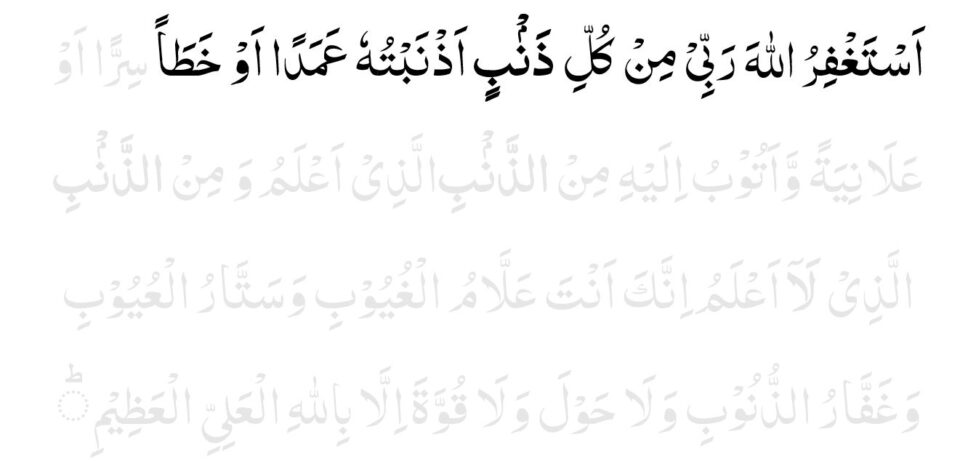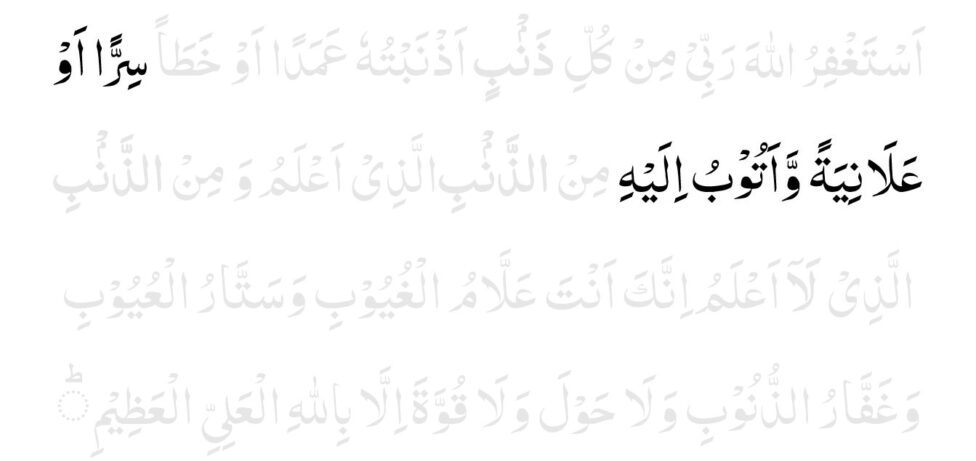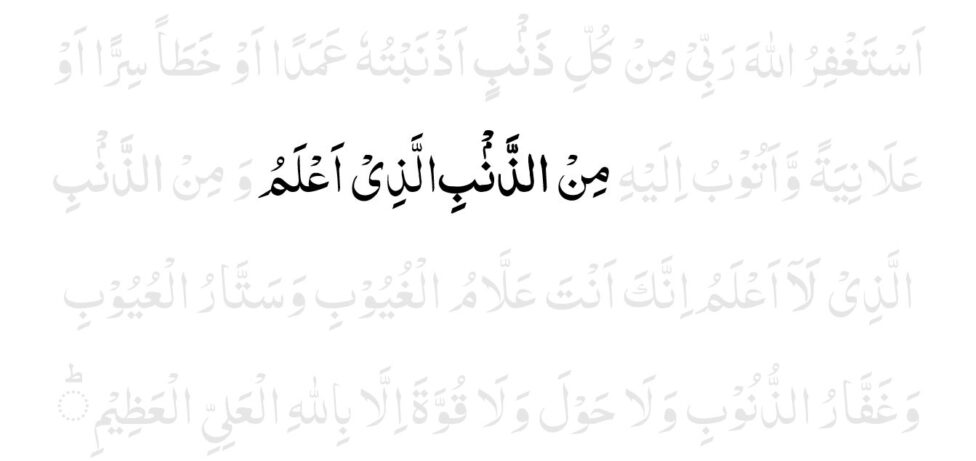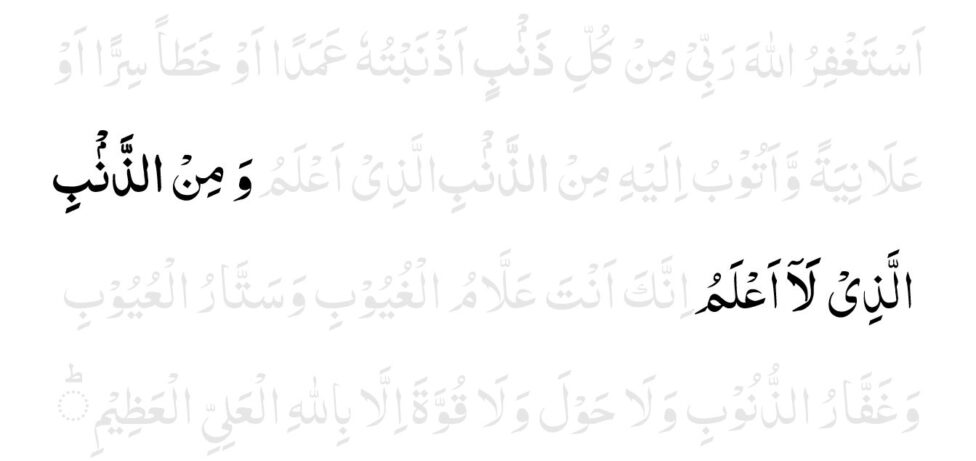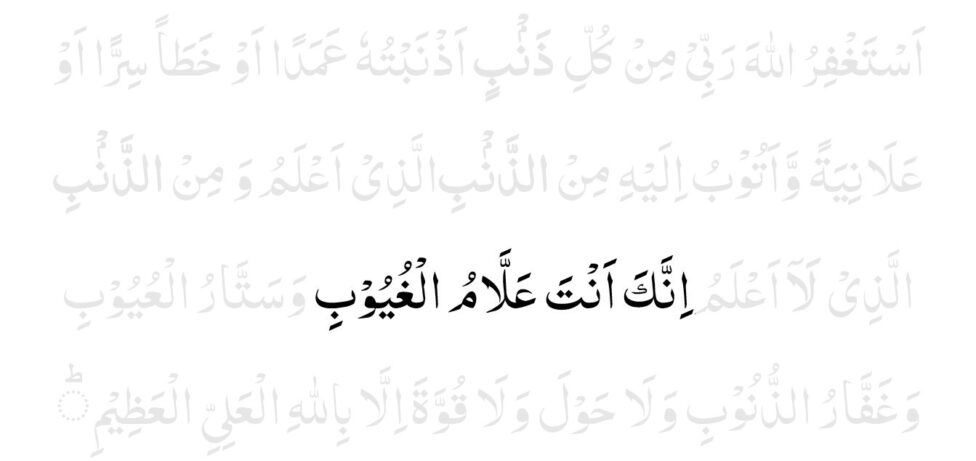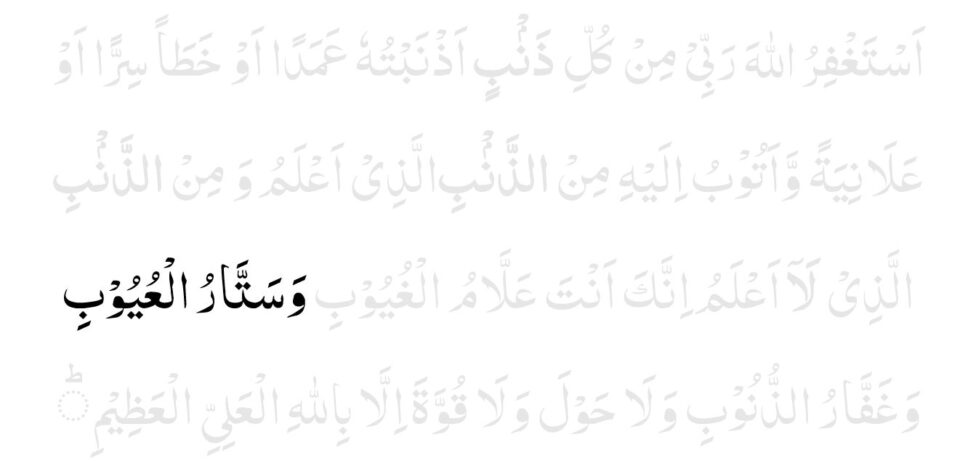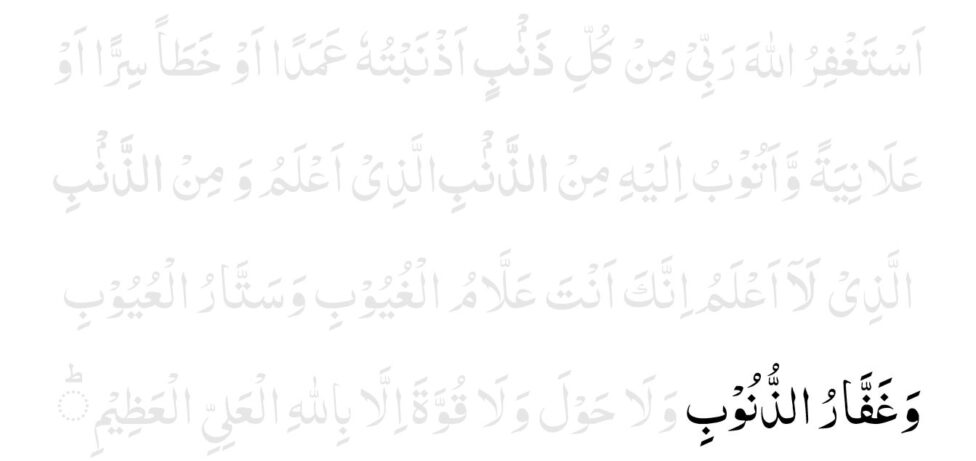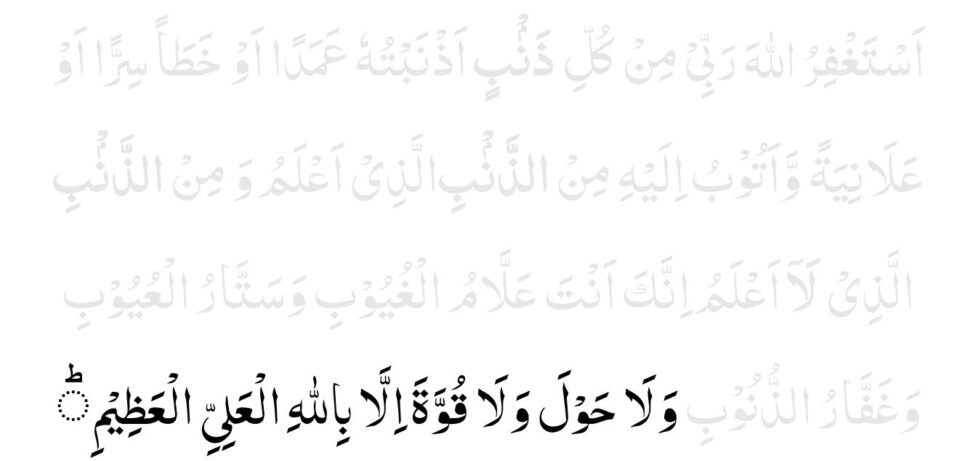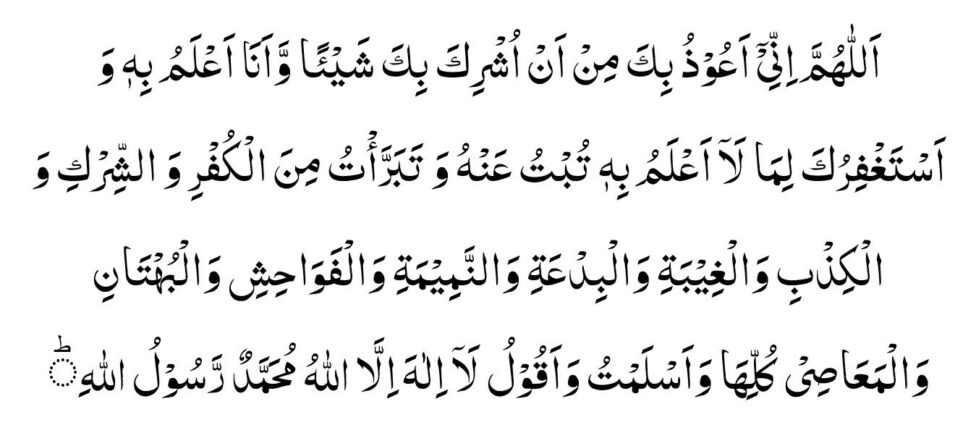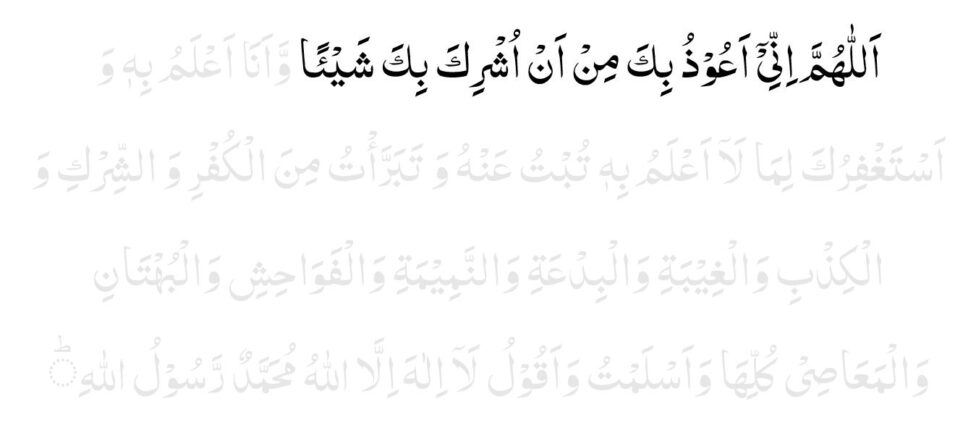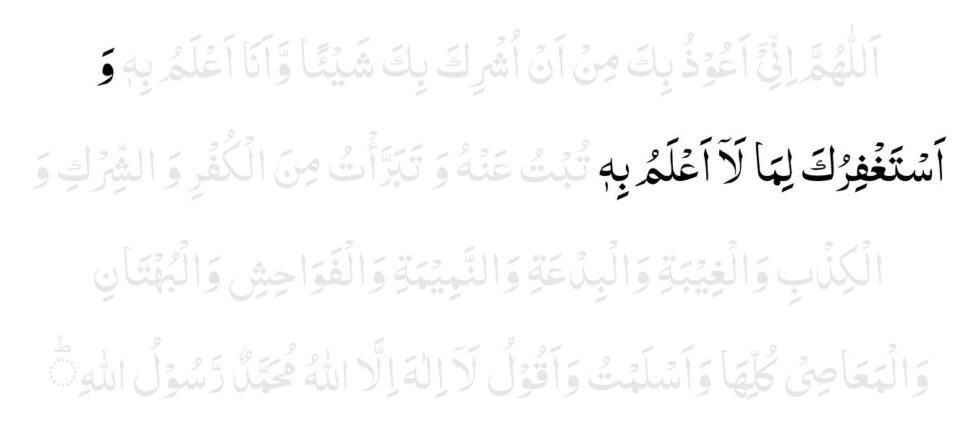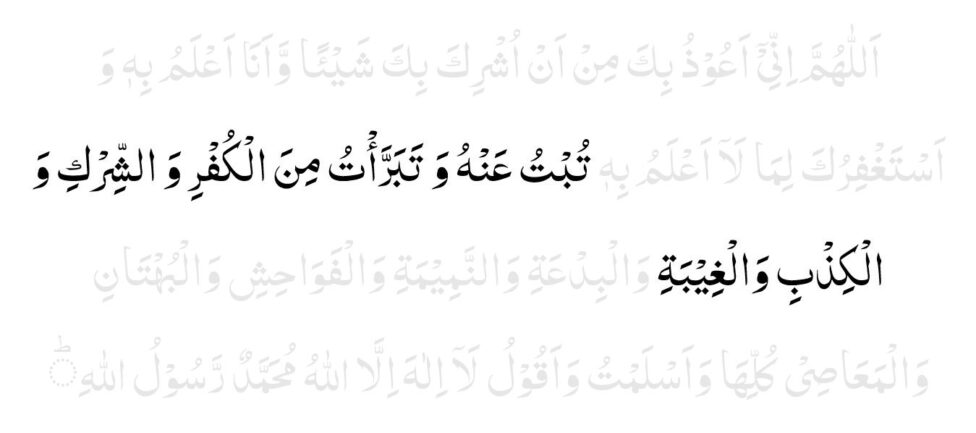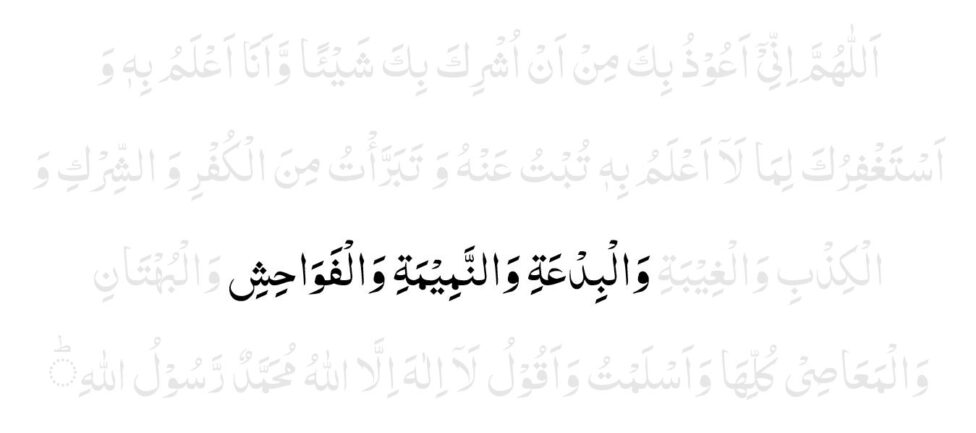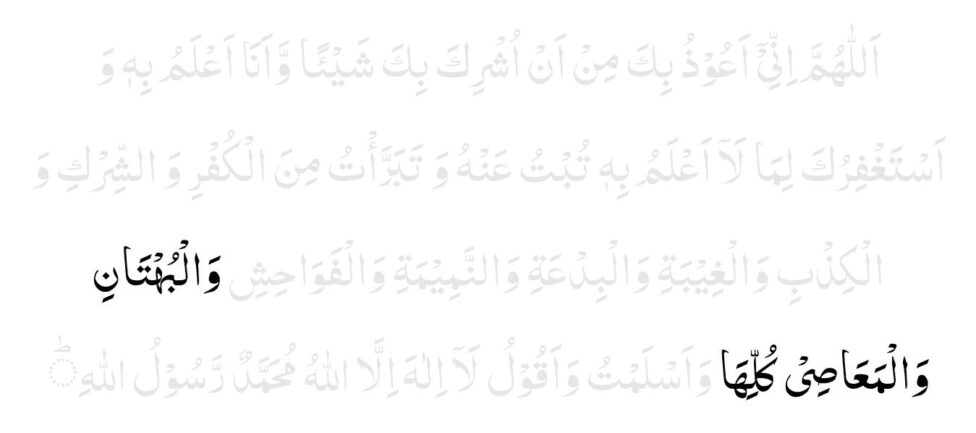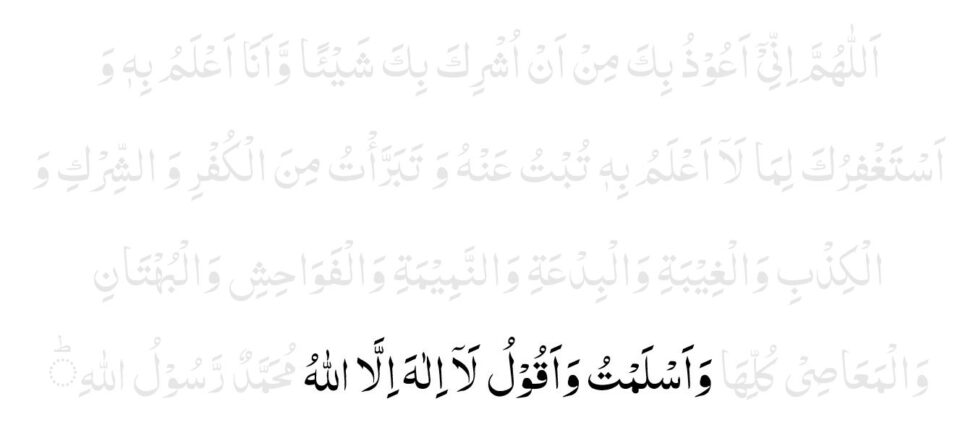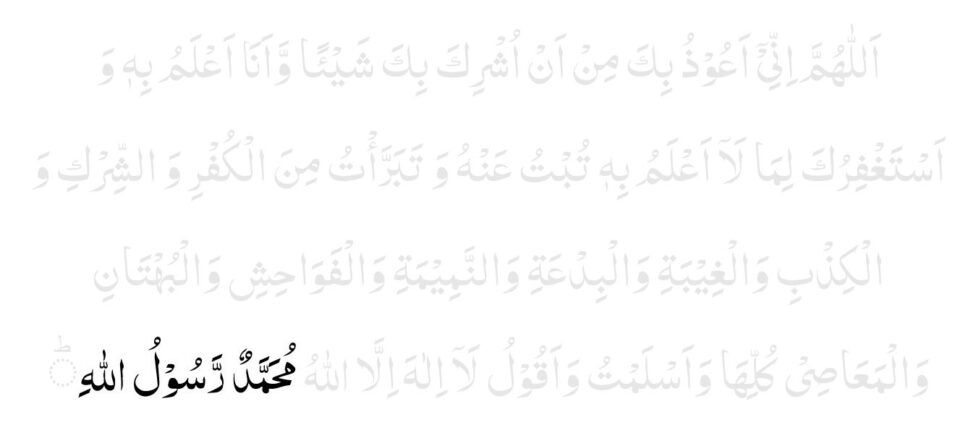Memorization
Kalimah At-Tayyibah means “The Words of Purity”
Defining the First Kalima:
The Arabic word Kalimah means “An Islamic oath/statement/declaration of allegiance with the Almighty Allah.” There is a total collection of six Kalimas in Islam which is an important aspect of the belief of a Muslim. The First Kalima in Islam is known as “Kalima Tayyab” which represents the first pillar of Islam, “The Tauheed” the Second Kalima represents the virtue of Shadat and, the last three Kalima represents the virtues of Zikr of Allah SWT.
First Kalima English Translation:
“There is no God, but Allah and Muhammad (SAW) is His last Messenger.”
Summary Of The First Kalima Tayyab:
The first Kalima Tayyab is divided into two segments. The first part represents the concept of the oneness of Allah (Tauheed), that there is no God but He, and believing Him and accepting His supremacy is the core belief of every Muslim. The second segment of First Kalima represents the concept of believing that Hazrat Muhammad (SAW) is the last prophet and messenger of Allah and there will be no prophet after him (Risalat). Acquiring both of these concepts is the fundamental principle of every Muslim if he/she has to safeguard himself in Duniya as well as in Akhirah.
Importance of Kalima Tayyab In Hadiths:
The importance and significance of the First Kalima can be marked by the following Hadiths:
- Holy Prophet (SAW) said that: “Urge your dying ones to say La ilaha illallah.” Sunan Ibn Majah 1444
- Messenger of Allah (SAW) also said that: “Whoever says and accepts that there is no god but Allah, enters Paradise even if he performs adultery and even if he steals (i.e. even if he commits major sins).” (Nasa’i, Tabarani and others from Abu al-Darda’ – sahih
- The Prophet Muhammad (SAW) stated about 1st Kalima that: “One who spectates that there is no god but Allah and that Muhammad (SAW) is Allah’s Messenger, Allah forbids the Hellfire from touching him.” Narrated by Bukhari and Muslim from `Ubada ibn al-Samit
Impacts Of First Kalima In Daily Life Of A Muslim:
Reciting the First Kalima Tayyab thoroughly on daily basis must be a habit for every Muslim. Its recitation is not only beneficial in the world but also has a great impact hereafter. The impacts of Kalima Tayyab in the life of a Muslim can jot down as:
- The constant recitation of it reminds us that our lord is just He, Allah.
- The 1st Kalima is the main difference between a non-muslim and a Muslim.
- It describes that Hazrat Muhammad (SAW) is the last messenger of Allah.
- Reciting it regularly ties a Muslim strongly with the concept of Tauheed.
- After believing in it, a Muslim takes all his actions according to it.
- The First Kalima strengthens the belief of a believer.
Conclusion:
To conclude, the First Kalima Tayyab plays a vital role in the life of every human being and strengthens our belief towards the first pillar of Islam. Its recitation on daily routines must be the core principle and goal of every Muslim if he wants to secure his life in Duniya as well in Akhirah.
Kalimah Ash-Shahdah means “The Words of Testimony”
Defining the Second Kalima
The Second Kalima is called the “Kalima Shahadat” that surrounds the First Kalima to complete the doctrine of faith. The Arabic word “Shahadat” means “Witness,” whereas, in the Second Kalima, this term reflects the witness of a Muslim that Allah is one and only and Muhammad (SAW) is His last messenger and prophet.
Kalimah Translation of the Second Kalima
“I bear witness that there is no one worthy of worship except Allah, the One alone, without a partner, and I also bear witness that Muhammad is His servant and Messenger.”
However, the existence of four things eliminates all the benefits and advantages of saying the Kalima Shahadat. They are Shirk, Shak, Tashbih, and Tatil. Shirk means to believe that there are more Gods. Shak means uncertainty or doubts in a religion. Tashbih means to link Allah to an imaginary creature. Tatil means to believe that Allah does not interfere with beings and everything is created by their owns self.
Overview of Second Kalima:
The Kalima Shahadat has its unique role in the life of Muslims. By surrounding their lives around it, Muslims witnesses that Allah is the one and only who does not require any partner and Muhammad (SAW) is His last messenger and prophet. This witness and the concept of Tauhid completes the doctrines of the faith in a life of a Muslim.
Roles of Shahadat in our Daily Life:
Reciting the Kalima Shahadat on daily basis is obligatory for every Muslim. By proclaiming the Shahadat, a Muslim claims that all of his acts are according to the teachings of the Holy Quran and the Sunnah. By this, he accepts the fact that Allah is his Sustainer & Creator, and to Him, he shall return. The memorization and recitation of 2nd Kalima on daily basis wipes our fear away except for the fear of Allah. It makes a believer calm and honest in his deeds and actions.
Benefits of Saying the Second Kalima:
There are ample benefits of saying the Kalima Shahadat daily:
- The believers are affectionate towards each other.
- Allah will be pleased with the one saying Kalima Shahadat
- There will be ease in death.
- One’s grave will be capacious.
- One will see one’s clay/adobe in Jannah.
- One will attain the greatest of all blessings.
- The reciter will be befriended with the most truthful people in Jannah.
- One will reach the highest level of virtues and will gain the pleasure of Allah.
Hadiths about the Shahadah:
The importance of the Second Kalima Shahadat can also be identified by these Hadiths:
- Muhammad (SAW) stated that: “Verily, you are coming to a people among the humans of the Book (Ahl Kitab), so call them to testify there is no God but Allah and I am the Messenger of Allah.”
- He (SAW) also stated that: “Whoever dies, while he knows that no god is allowed to be worshipped But Allah, and then he entered Paradise.”
Kalimah At-Tamjeed means “The Words of Glorification”
Defining the Kalima Tamjeed:
The literal meaning of the word “Tamjeed” in English is “Glory, Virtue or Greatness.” Whereas the Third Kalima reflects the glory and greatness of Allah, who alone is the sustainer and creator of this world.
Translation of Third Kalima:
“Glory be to Allah and all praise be to Allah, there is none worthy of worship except Him, and Allah is the Greatest. There is no might or power except Allah, the Exalted, the Great One.”
What The 3rd Kalima Conveys Us?
The Kalima Tamjeed reflects the virtues of power and glory of Allah who alone is the Sustainer, Creator, and Holder of this universe. Neither He needs a partner nor He needs a helping hand. The Third Kalima is a way for a believer to testify the greatness and power of Allah. Besides the greatness of Allah, the words “SubhanAllah” & “Allah hu Akbar” reflects the virtue of glory to Allah and the almightiness of Allah.
Impact Of Kalima Tamjeed In The Life Of Individual:
By strongly believing in Kalima Tamjeed a Muslim directs his deeds and actions in a right way which are pleasurable and acceptable near Allah. He assures himself by avoiding sins that there is a superior power above him, who is constantly eyeing him. The recitation of Third Kalima also calms an individual because all the traits of praises of Allah (SWT) are included in this Kalima Tamjeed.
The elegance of Third Kalima Tamjeed:
If we go through the Kalima Tamjeed in Arabic we would observe that there are 4 Tasbih’s included in the Kalima, they are:
- Subhan Allah (سبحان الله): Meaning Allah is perfect in every sense and there are no defects in Him.
- Allahu Akbar (الله أكبر): Meaning Allah is greatest in all aspects not just in a single’s life but in this whole might universe.
- Alhamdulillah (الحمد لله): Meaning all praise and thanksgiving belongs to Allah, the Sustainer, the Creator.
- La ilaaha illa Allah (لا إله إلا الله): Allah is alone and there is no God worthy of worship except Him.
Conclusion:
To conclude, if a Muslim wants his actions to be governed and followed in the right way then following and reciting the Third Kalima daily must be his vital principle. It reflects that there is a much higher authority above all the majesties and above all the rulers, who alone is the ruler and controller of this world.
Kalimah At-Tauheed means “The Words of Unity”
Definition of Tauheed:
The word “Tauheed” means to “accept the oneness of Allah”. In Islam, the Tauheed reflects the concept of monotheism for Allah which means that the Muslims assert that there is no God but Allah and to Him, they shall return. Tauheed is the first pillar of Islam which along with other pillars completes the cycle of faith in a Muslim’s life. The acceptance of Tauheed is the major difference between the Muslim and a Non-Muslim.
Translation of fourth Kalma:
“There is none worthy of worship except Allah. He is alone and has no partner. To Him belongs the Kingdom and for Him is all praise. He gives life and causes death. In His hand is all good and He has power over everything”.
Importance of Tauheed:
The concept of Tauheed plays a vital role in the life of a Muslim. The Tauheed is the main boundary line between a believer and a non-believer. After accepting and implementing the Tauheed, a believer makes sure that his actions are according to the directions of Allah. He assists that his deeds are reflecting the virtues and signs of a true believer.
Besides this, the recitation of Kalma Tauheed on a daily basis commits a man to be righteous to his paths and to set an ultimate goal, which is just to inspire the Almighty Allah.
Different Segments of Fourth Kalima Tauheed:
Besides the concept of monotheism, the Kalma Tauheed also reflects the virtues of praise and power of Allah. The segments of fourth Kalima can be penned down as:
- لَآ اِلٰهَ اِلَّا اللهُ: There is no God except Allah, the One & Only
- وَ لَهُ الْحَمْدُ: Allah, is the one that holds all the praises.
- وَهُوَ عَلٰى كُلِّ شیْ ٍٔ قَدِیْرٌؕ: He is the most powerful & the world & hereafter belongs to Him.
Hence, the Kalima Tauheed guides us about the power, greatness, and oneness of Allah that He is the one that owes the universe and to Him, we shall return, and if we want to secure our Duniya as well as Akhira so our actions must be according to the teachings of Holy Quran & Sunnah.
Importance of Kalima Tauheed in Hadiths:
The Holy Prophet (SAW) said that whoever recites the following Dua in Fajar, his ten sins shall be erased, ten virtues shall be added and ten ranks for him must be added. The Dua is: لَا إِلَهَ إِلَّا اللَّهُ وَحْدَهُ لَا شَرِيكَ لَهُ لَهُ الْمُلْكُ وَلَهُ الْحَمْدُ وَهُوَ عَلَى كُلِّ شَيْءٍ قَدِيرٌ which means: “There is no god but He, the One, who has no partner, to Him belongs the entire Sovereignty, to Him be praise, and He can do all things.
Kalimah Al-Astaghfaar means “The Word of seeking Forgiveness from Sins”
What is Al-Astaghfaar?
The word Al-Astaghfaar (استغفار) means “Apology from sins or faults.” The Fifth Kalima Al-Astaghfaar represents a believer seeking an apology from Allah for his sins and sorrows whether they are done intentionally or unintentionally. Reciting the Kalima Al-Astaghfaar commits a Muslim to drive back from sins and clean his soul by the power of Al-Astaghfaar and Tauba which are the highest virtues of forgiveness near Allah.
Translation of Kalima Al-Astaghfaar:
“I seek forgiveness and repentance from Allah, who is my Lord, from each misdeed I committed intentionally or unintentionally, hiddenly or openly, and I turn towards Him from the sin that I know and from the sin that I do not know. Certainly You, You are the knower of all the hidden things and the secreter of the mistakes and the Forgiver of the sins. And there is no power and no strength except Allah, the Highest, the Greatest.”
Impacts of Kalima Al-Astaghfaar in Individual’s Life:
The traits of Al-Astaghfaar and Tauba play an important role in the life of a Muslim. Without these practices, we are unable to seek apologies and forgiveness from Allah. The constant recitation of this Kalima commits a believer to drive back from his sins and major flaws and executes him to perform his tasks according to the will of Allah and helps him to secure his life in the world as well as in Hereafter.
Al-Astaghfaar in Light of Quran:
In Verse 3 Surah An Nasr Allah (SWT) states that: “And glorify Him with praise of Your Lord and seek & urge forgiveness from Him. Indeed, He is ever Accepting of sorrow.”
In Verse 74 Surah Al Maida Allah (SWT) highlights Al-Astaghfaar as: “So shall they not repent & come back to Allah and seek for His forgiveness? And Allah is the Most Forgiving and Merciful.”
Importance of Kalima Al-Astaghfaar in Light of Hadiths:
Prophet Muhammad (SAW) said that: “Allah, the most praiseworthy and honorable, will accept the forgiveness of His servant till his death cycle begins.”
The Messenger of Allah also stated that: “To Him! I ask for forgiveness, from Allah and turn to Him in repentance more than seventy times a day.”
Benefits of Al-Astaghfaar:
The constant recitation of Kalima Al-Astaghfaar benefits a Muslim in many ways, they are:
- Due to Al-Astaghfaar, a Muslim directs his deeds according to the teaching of Allah.
- Al-Astaghfaar gives permanent relief & happiness.
- Al-Astaghfaar removes anxieties and depressions.
- Duas are answered by following the traits of Al-Astaghfaar.
- It opens the door of mercy.
- It increases knowledge of an individual.
- Al-Astaghfaar is also the gateway of productivity.
- It is the best way to get our sins forgiven by Allah.
- Al-Astaghfaar relates us closer to Allah.
Kalimah Radd-al_Kufar means “The Words of rejecting disbelief”
What is Kalimah Radd-al-Kufar?
The literal meaning of the word “Radd-al-Kufr” is to “Reject the disbelief or to step back from the infidelity”. After the First, Second, Third, Fourth, and the Fifth Kalima, the Sixth Kalma Radde Kufr is the last Kalima of Islam. In Kalma Radde Kufr, a believer seeks refuge from Allah. Also, he dislikes and rejects disbelief and infidelity. He commits and accepts the oneness of Allah, and turns apart from telling lies, backbiting, and other major & minor sins.
Translation of Kalimah Radd-al-Kufar
“O Allah I seek Your refuge from associating anything with you knowingly, and I seek forgiveness from You for (shirk) that I do not know. I have repented from it, and I have detested disbelief, idolatry, tellingly, backbiting, bad innovations, tale-telling, indecency, accusations, and all the sins. I embrace Islam and say there is none worthy of worship but Allah, Muhammad is the Prophet of Allah.”
Types of Disbelief (Kufr):
The major types of Kufr from which every believer must restrain are:
- Kufr-Bil-Qawl (disbelief expressed verbally)
- Kufr-Bil-Fail (disbelief expressed through action)
- Kufr-Bil-Aitiqad (disblief of convictions)
- Kufr-e-Akbar (major type of disbelief)
- Kufr-e-Asghar (minor type of disbelief)
Hence to avoid these all major and minor disbeliefs, a Muslim must attempt to recite Kalma Radd-al-Kufr constantly as it protects us from sins and other wrong deeds.
Radd-al-Kufr in the light of Hadiths:
- The Messenger of Allah, Muhammad (SAW) stated about Kufr that: “Indeed, between a believer and idolatry and disbelief is abandoning the prayer.”
- He (SAW) also highlighted Kufr as: “Clashing with a believer is Kufr and defaming him is evildoing.”
Importance of Kalima Radd-al-Kufr:
The word “Kufr” means to conceal. In Kalima Radde Kufr, a disbeliever is targeted as he conceals the truth about Allah, His oneness & sovereignty. This Kalma teaches us the important concept of disbelief in Islam, which itself is a vast topic. It assists a Muslim to strongly believe in Allah as his God, and Islam as his religion. Moreover, the 6th Kalma commits a believer to step back from all sorts of major and minor sins such as backbiting, bad innovations (in religion), tale-telling, etc.
Conclusion:
To sum up, to complete the doctrine of faith, and to secure his world and hereafter, a Muslim must implement on all the Six Kalimas of Islam and must preach it out because these Six Kalimas form the basics of Islam, which are necessary for each and every believer to recite on the daily basis.













